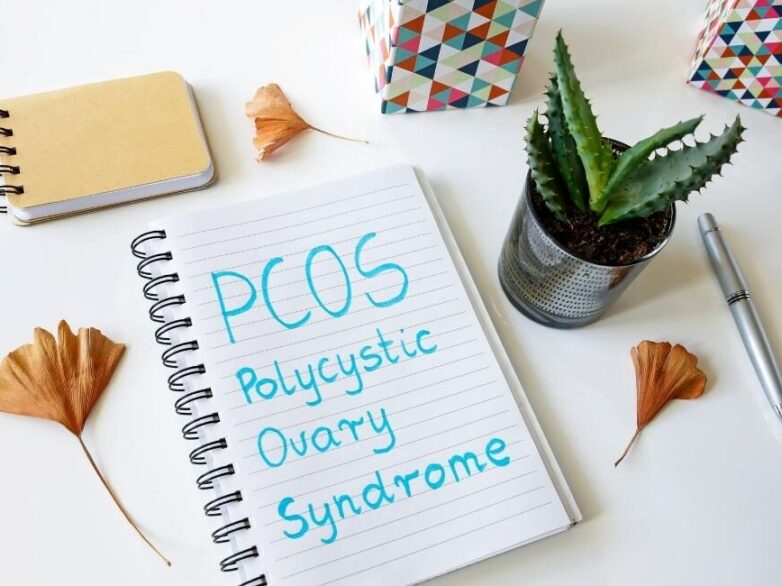
PCOS: What Is It, What Are The Causes And How Do You Fix It?
WHAT IS PCOS?
Polycystic ovary syndrome (PCOS) is a condition that affects how a female’s ovaries work – and it’s more common than you’d think!
The main symptom of PCOS is irregular or prolonged menstrual periods, which can lead to hair loss, weight gain and excessive hair growth on the face and body. This health problem can also cause infertility.
Those suffering with PCOS have excess androgens, which means they have high levels of ‘male’ hormones in their body. This is the feature that results in excess hair growth.
Another feature which results in PCOS diagnosis is enlarged ovaries. The ovaries contain many follicles that surround the eggs – these are not cysts.
WHAT CAUSES PCOS?
There isn’t “one” specific cause, and it is usually a combination of unhealthy lifestyle factors that contribute to developing PCOS.
These include high cortisol, insulin resistance, inflammation and hormonal birth control.
Cortisol is the “stress hormone” that can eventually become imbalanced as the high cortisol is result of chronic stress or anxiety, overall inflammation, or increased intestinal permeability (aka leaky gut).
Diet, dysregulatied blood sugar and being overweight can all result in insulin resistance. When your body becomes resistant to insulin, the pancreas produces more to try and rectify your body’s inability to take up glucose circulating in your blood stream.
The increased insulin contributes to the increased production and activity of ‘male’ hormones, such as testosterone. This is a huge contributing factor to developing PCOS.
Increased intestinal permeability creates an easy passage for foreign invaders such as bacteria, yeast and other toxins to leak into the blood stream thereby activating an immune response.
This immune reaction will cause inflammation and so contribute to an overproduction of insulin and, in turn, hyperandrogenism (excessive presence of testosterone, androsterone and androstenedione in women).
OVERCOMING YOUR PCOS
You are likely stuck in a vicious cycle of insulin resistance, hyperandrogenism and inflammation. To address inflammation, we need to look at where it is coming from in the first place. Starting with rebalancing blood sugar levels and gut health are imperative as these are one of the greatest sources of inflammation.
Optimal gut health is fundamental for reversing PCOS. So, how do you do this? You must amend your lifestyle and nutrition. Adopting a low–inflammatory diet, managing stress levels and taking the right supplements can help. However, please bear in mind that the importance of the right ingredients and dosages should not be overlooked.
Rebalancing the body from an underlying root cause level can be complex and it’s not an overnight fix. Don’t panic, I’m here to help!
The best place to start is by running at-home functional lab tests to evaluate blood sugar levels and uncover the sources of your inflammation. You can then work with me 1:1 or any other practitioner that you trust and follow a protocol tailored to your specific bio-individual needs.
I’ve seen a lot of women with PCOS in my clinical practice get well, so I have no doubt that you will too!

Follow Our Instagram For Exclusive Content





 د.إ / AED
د.إ / AED



Leave a comment